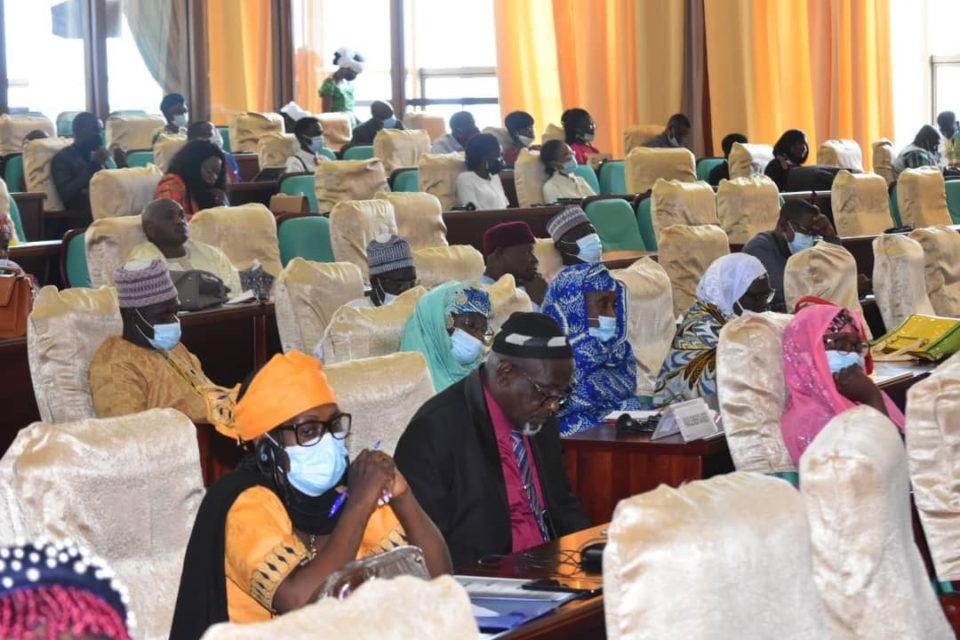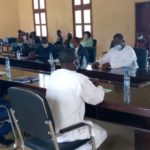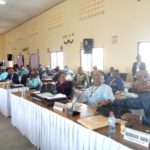The sessions are an initiative of the Honourable Speaker, Cavaye Yeguie Djibril, as part of the agenda for the June session.
The objective of these sessions between Members of government and members of the various committees of the National Assembly, is to enable the latter have a mastery of public policies that fall within their sphere of competence. First in line will be the Foreign Affairs Committee, during which members of the said Committee will be briefed on the nature and process of drafting treaties amongst others. Other sessions include that between members of the Committee on Constitutional laws, Human Rights and Freedoms, Justice, Legislation and Standing Orders and the Minister of Justice. The briefing will be on legislature and the state of human rights in Cameroon. As for the Committee on the Family, Social and Cultural Affairs of the national Assembly, they will have the Minister of Labour and Social Security enlighten them on the stakes of the social security scheme in Cameroon.
Meanwhile, three bills are under scrutiny at the Lower House of Parliament. They include the bill to ratify ordinance No. 2021/3 of 7 June 2021, to amend and supplement some provisions of law No.2020/18 of 17 December 2020 Finance law for the 2021 financial year. The amendments are justified by the need to take into account recent economic developments and the prospect of issuing a new passport. Plus, the State budget for the 2021 financial year has been increased to CFAF 5 480.4billion, of which CFAF 5235.2billion for the general budget and CFAF 245.2billion goes to special appropriation accounts as against 4 865.2 billion in the original finance law. This shows an increase of 615.2 billion in absolute value and of 12.6% in relative value.
The second bill is to authorise the President of the republic to ratify the treaty for the establishment of the African Medicines Agency, adopted on 11 February 2019 in Addis Ababa, Ethiopia. The aim of the treaty concluded during the AU’s 32nd ordinary session is to establish a continental body responsible for harmonising the regulation of medical products, particularly medicines and ensuring their quality control and effectiveness. Within the specific context marked by the Covid-19 pandemic, the enforcement of this treaty will mark the willingness of States to pool their efforts to improve access to quality and safe medical products.
The third, bill No. 1097/PJL/AN to organise and promote volunteering in Cameroon. The United Nations identifies volunteers as veritable development actors. Though volunteering constitutes a vital lever in the nation building process, it is unregulated thus depriving the country of its benefits as a development tool. The bill thus constitutes an essential basis for developing and enhancing volunteering.
Claudette CHIN




